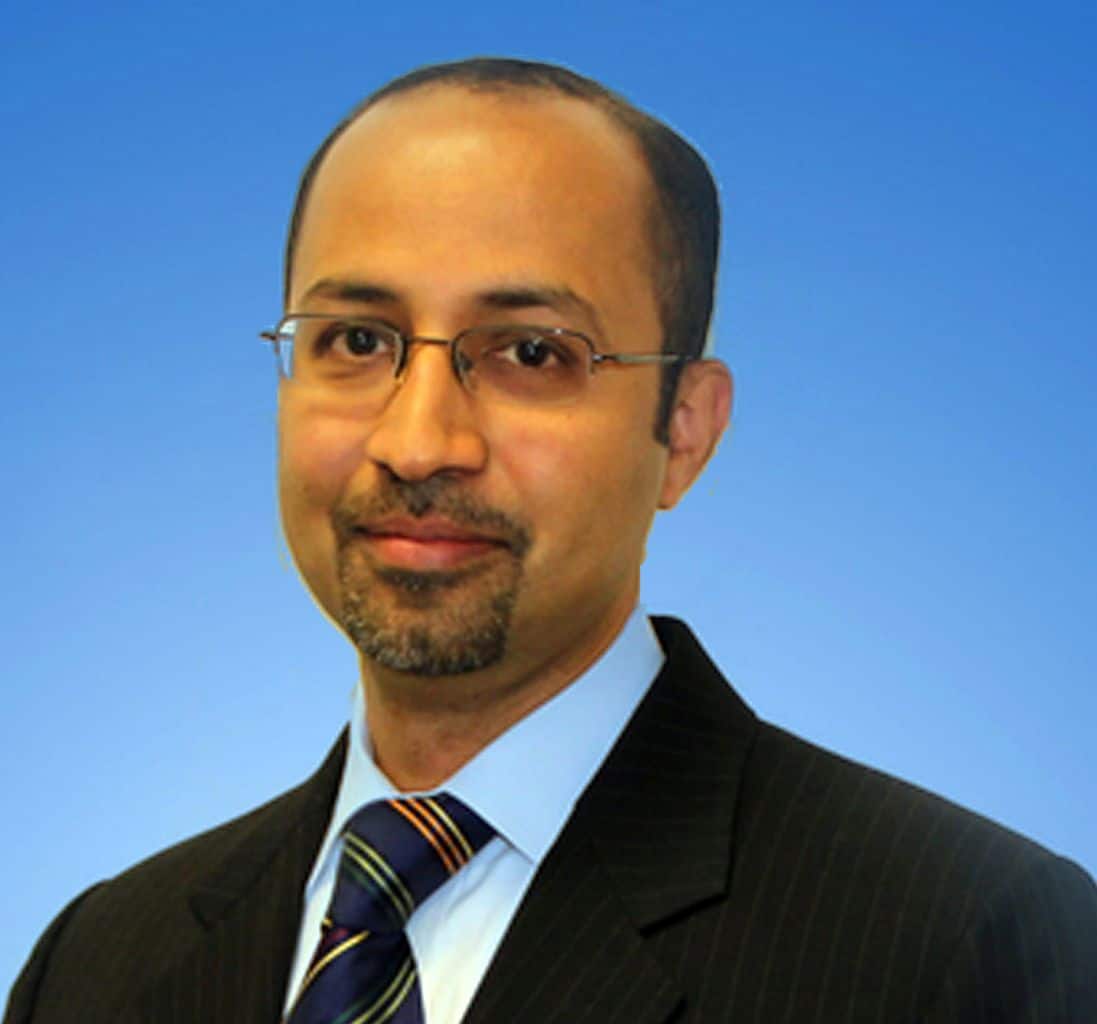Planning re-think needed for 2016
Globally, the oil and gas industry is entering an era where uncertainty abounds and the need for industry leadership and better cooperation is becoming more and more profound, according to a leading industry analyst.
Independent Project Analysis oil and gas practice director Neeraj Nandurdikar told the Year in Infrastructure 2015 conference, held in London in early November, that the boom in capital projects across the world had come to a standstill.
“For businesses and senior management, these are not just bad times, these are confusing times because everybody is wondering how long will the crisis go on for,” he said.
As a result, Mr Nandurdikar said many in the industry were applying short term fixes while they decided what courses of action to take – aiming first and foremost to sustain near-term cash flow.
“We have seen tendering delays in hope of securing lower costs, so people are delaying projects, and the hope is that by delaying projects, the supply chain is going to have a reduction in their rates and maybe some projects will become economic,” he said.
“That is the hope and it may work in some cases but in most of the cases it doesn’t.”
Companies had taken on increasingly challenging tasks as they sought to develop any opportunity when times were good, leading them to take on projects of great complexity and high cost, he said.
More complex projects meant there were more opportunities for failures and more serious consequences when failures occurred – an issue that companies were more prepared to forgive when oil prices were higher.
“In the long run if we don’t do something different the same pathologies will come back when the price goes up and nothing will have changed unless we … approach these projects differently,” he said.
Increasing cooperation and trust between companies in the oil and gas industry was a key component of this, Mr Nandurdikar said – pointing to standardisation as a key goal.
“We have just released a survey on standardisation that basically points out that at the root of this problem – as to why there is not more standardisation – is trust,” he said.
It was likely that staff layoffs would continue into 2016 as companies considered new ways of managing their projects, Mr Nandurdikar said.
“Staff reductions and organisations need to be balanced against the experience we need in the future but unless we can demonstrate leadership in tackling these long term challenges we won’t move forward, we will just end up going backwards,” he said.
“We don’t just need to optimise the status quo… if our current status quo isn’t working for us, we have got to think differently.”
Source: Andrew Hobbs
**Andrew Hobbs is group editor at Energy Publications and Editor of Oil & Gas Australia magazine. Oil and Gas Australia will be running an AOG Feature in its February edition to celebrate the 2016 event. Any advertising queries can be directed to Troy Douglas at [email protected] or Moy Tai at [email protected].
-
Stay up to date with the latest news, industry insights and AOG Energy updates.
- Subscribe

